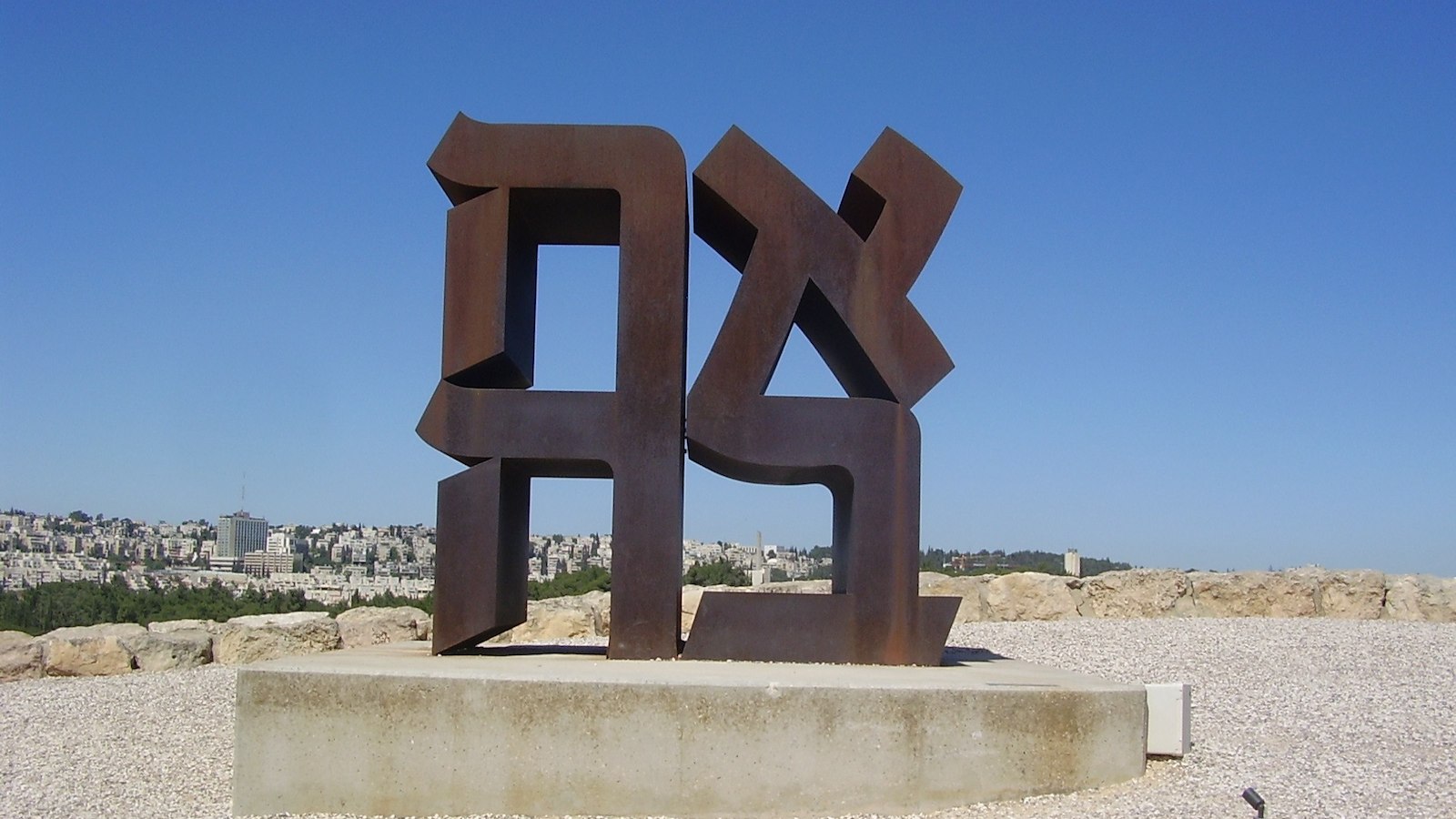Commentary on Parashat Vaetchanan, Deuteronomy 3:23-7:11
One of the famous commandments found in Parashat Vaetchanan is also, on the surface, one of the strangest in the Torah. Moses instructs Israel: “You shall love the Lord your God with all your heart and with all your soul and with all your might” (Deut. 6:5). We usually think of love not as something people do on command, but as an emotion that enters the human heart unbidden. How, then, can the Torah expect us to fulfill a commandment to love God?
In reality, of course, love is not exclusively a spontaneous phenomenon. We may fall in love without meaning to or trying to. But sustaining love, as anyone involved in an ongoing loving relationship can attest, requires continuous thought and effort. The lover must make conscious efforts to demonstrate his or her love. People in love must find time to renew their love and keep it fresh.
The same holds true for love of God. By commanding us to love God, the Torah teaches — as a Hasidic master puts it — that each person’s inner nature includes the ability to love God. To transform that love from potential to actual requires a conscious and ongoing effort.
Much like love for another person, we develop love for God by taking specific actions that demonstrate our feelings. We show love for God through the performance of mitzvot (commandments) at all times and places. This passage commanding love of God instructs us to adhere to God’s word “at home and . . . away, when you lie down and when you get up” (6:7). The demands of living according to the Torah involve both intellect and emotion, mind and heart. The regular, fixed times for performing the actions that demonstrate that love ensure that we constantly nurture it. They thus build an enduring devotion to God that qualifies as love.
With your help, My Jewish Learning can provide endless opportunities for learning, connection and discovery.
Reprinted with permission from CLAL: The National Jewish Center for Learning and Leadership.
Torah
Pronunced: TORE-uh, Origin: Hebrew, the Five Books of Moses.



